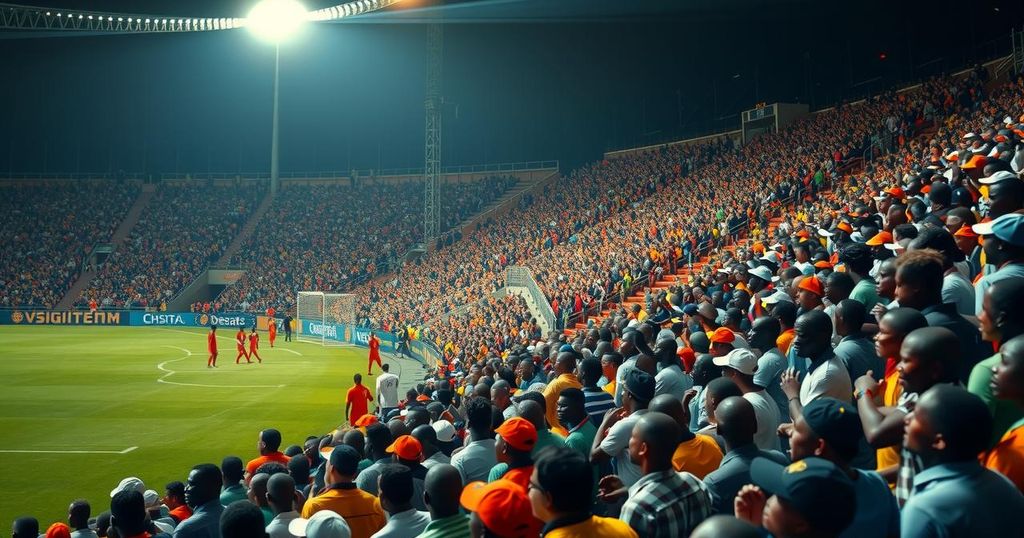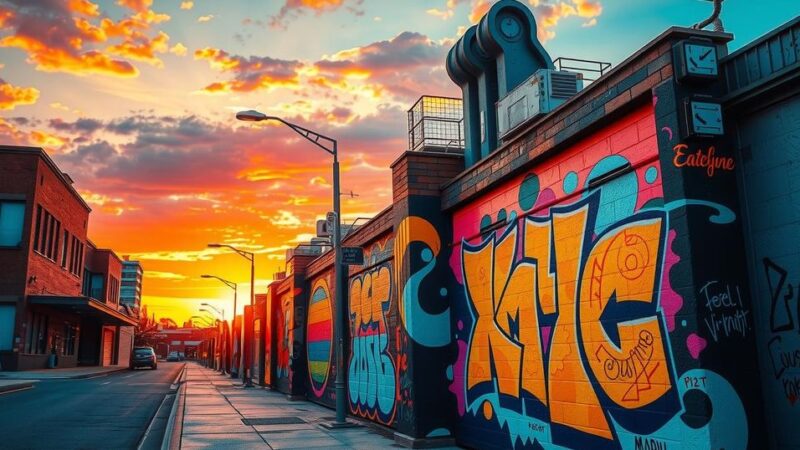A tragic stampede at a football match in N’zérékoré, Guinea, has resulted in numerous fatalities, following clashes between fans and police. Prime Minister Mamadou Oury Bah confirmed that hospitals are overwhelmed with victims and urged for calm. The violence erupted over a disputed refereeing decision, reminiscent of past atrocities in Guinean history concerning crowd management.
Dozens of individuals have tragically lost their lives due to a deadly crush during a football match in N’zérékoré, Guinea’s second-largest city. The incident occurred on Sunday amidst escalating tensions between fans of the local team and the visiting Labé team, culminating in a chaotic stampede. Prime Minister Mamadou Oury Bah reported that numerous victims were transported to local hospitals, which are currently overwhelmed with casualties. Eyewitness accounts describe how the unrest ensued following a controversial decision made by the referee, leading to chaos in the stadium as fans stormed the pitch. Although the precise number of casualties remains unconfirmed, local media have indicated a dire situation, with bodies reportedly filling the hospital morgue.
The circumstances surrounding this incident reflect longstanding issues of crowd control and violence in sports events in Guinea. This tragedy echoes a dark chapter from the nation’s history, notably the 2009 stadium massacre where security forces brutally suppressed a gathering, resulting in numerous casualties and human rights abuses. This history adds a layer of concern regarding public safety at large gatherings in the country, particularly during sporting events, which often arouse deep passions among fans.
The recent events in N’zérékoré highlight the urgent need for improved safety measures at public events in Guinea. As investigations continue and regional authorities strive to restore order, it is essential that lessons are learned from this tragedy to prevent future occurrences. The collective grief of the community underscores the importance of addressing these issues with due diligence to ensure the safety of all spectators in the future.
Original Source: www.bbc.co.uk






